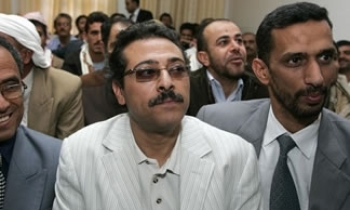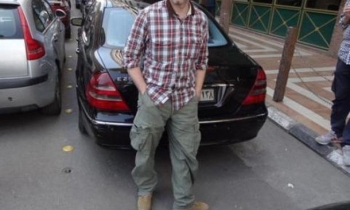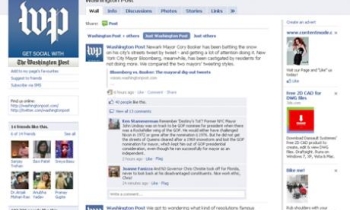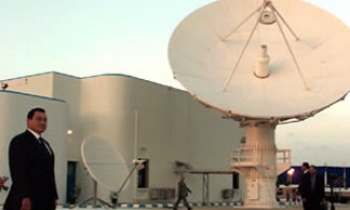Three Danish journalists are on trial for publishing classified intelligence reports about Iraqi weapons of mass destruction.
Niels Lunde, the editor-in-chief of Berlingske Tidende, one of Denmark's top national dailies, and reporters Michael Bjerre and Jesper Larsen are charged with disclosing information that is confidential for reasons of national security. If convicted, the men face up to two years in prison. They pleaded not guilty.
In February and March 2004, Berlingske Tidende published classified threat assessments by the Danish Defence Intelligence Service that analysed the likelihood of Iraq having WMDs.
The daily reported that the assessments were, to a large extent, based on unsubstantiated information passed on by British and American intelligence services. An anonymous security officer told Berlingske Tidende at the time that "our threat assessments are nothing more than a sort of transcript with a bit of critical common sense thrown in. We have acted as a rubber stamp".
The publication of these documents put the Danish government in a tight spot at the time, since the Nordic country was part of the American-led coalition that invaded Iraq. Prior to the invasion, the Danish prime minister, Anders Fogh Rasmussen, had also told parliament he was convinced Saddam Hussein had WMDs.
Some 460 Danish soldiers are stationed in Iraq, mainly in the Basra region. So far, six soldiers have died.
The journalists' trial, which began on Monday, is considered a landmark case for press freedom in Denmark.
"In our view, we were acting in legitimate protection of obvious interests of the public, as the law's exemption clause has it," wrote Niels Lunde in an article prior to the trial, adding that he expects he and his colleagues will be acquitted.
"We presented several pieces of information hitherto unknown to the public," he added. "Nor did the opposition in the Danish parliament have this information. We were able to document how little the DDIS actually knew and how little information the government had at its disposal when the decision to go to war was made."
Yesterday in court, freedom of expression campaigners testified in defence of the defendants. Aidan White, head of the International Federation of Journalists, said he was "astonished" that the journalists had been charged.
"It is legitimate to scrutinise the government's decisions," White told the Copenhagen city court. "The only thing that I see has been harmed here is the credibility of the government."
The director general of the World Association of Newspapers, Timothy Balding, told the court that the case had huge symbolic significance. A conviction "would send a very bad signal to the international community and especially to the totalitarian regimes because they would [have] free hands to prosecute media," he said.
The trial continues. A verdict is expected on November 27 at the earliest.









